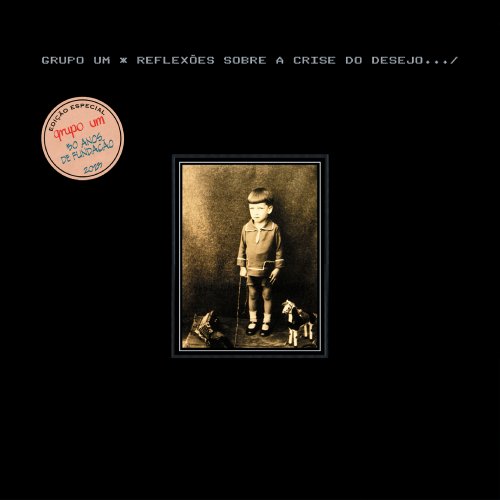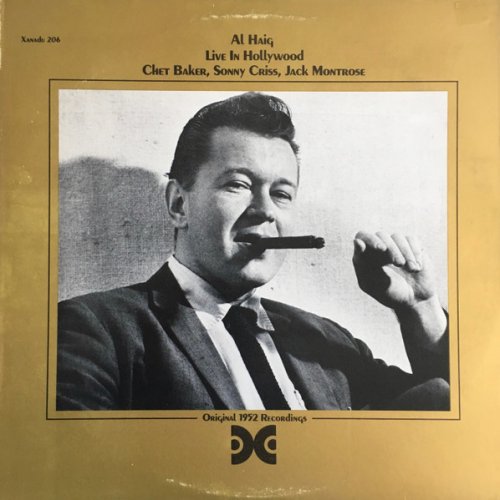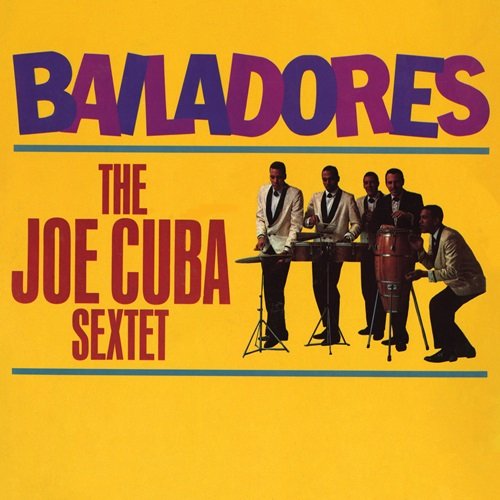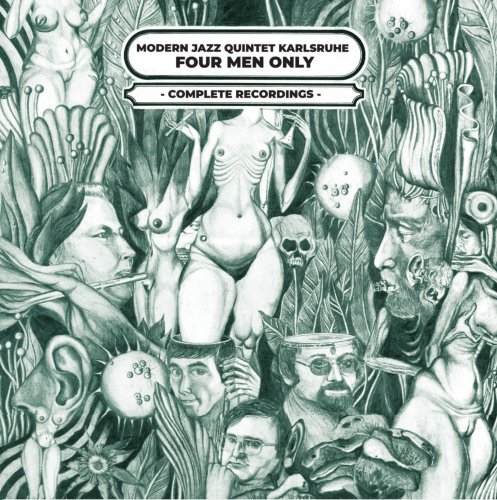Die Singphoniker - Orlando di Lasso - 12 Hymns (2012)
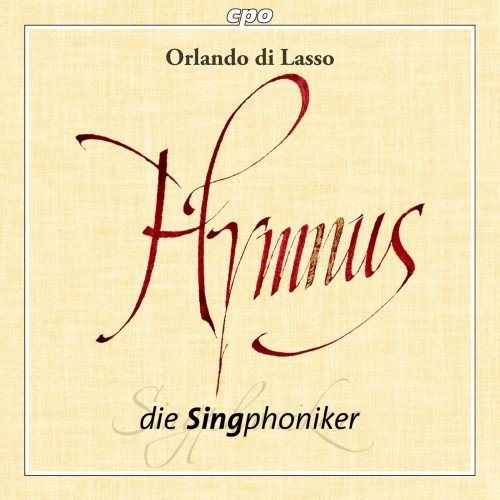
Artist: Die Singphoniker
Title: Orlando di Lasso - 12 Hymns
Year Of Release: 2012
Label: CPO
Genre: Classical
Quality: FLAC (tracks+.cue,log,scans)
Total Time: 63:54
Total Size: 348 Mb
WebSite: Album Preview
Tracklist: Title: Orlando di Lasso - 12 Hymns
Year Of Release: 2012
Label: CPO
Genre: Classical
Quality: FLAC (tracks+.cue,log,scans)
Total Time: 63:54
Total Size: 348 Mb
WebSite: Album Preview
1. Audi benigne conditor, motet for 5 voices, M. xvii (S. vii/86)
2. Christe redemptor omnium, Beata quoque, hymn for 4 voices, H. xviii/3
3. Vexilla regis prodeunt, motet for 6 voices, M. v (S. xi/172)
4. Ad coenam agni providi, hymn for 4 voices, H. xviii/57
5. O salutaris hostia, motet for 5 voices, M. xii (S. v/79)
6. Ave maris stella, hymn for 4 voices, H. xviii/36
7. Jesu nostra redemptio, motet for 6 voices, M. v (S. xiii/174)
8. Veni creator spiritus, hymn for 5 voices, H. xviii/65
9. Veni Creator Spiritus, motet for 6 voices, M. vi (S. xiii/43)
10. Hostis herodes impie, hymn for 5 voices, H. xviii/26
11. Jesu corno virginum, motet for 5 voices, M. v (S. xiii/174)
12. Conditor alme siderum, hymn for 5 voices, H. xviii/14
Performers:
Die Singphoniker
Germany's Die Singphoniker, here a vocal sextet, were partly inspired by the King's Singers from Britain, and they have explored a similarly wide-ranging repertoire, from Renaissance a cappella vocal music to contemporary classical and pop. The King's Singers, however, have rarely released albums of truly unusual repertory, except in the contemporary field; this kind of small-group singing usually relies either on some audience familiarity with what's being sung, or on the composition of music expressly for this medium. In this case, Die Singphoniker tackles a rarely represented repertory and emerges with decent results. The vast choral output of Orlando di Lasso (aka, Orlande de Lassus) remains largely unexplored, and this little album gives a clue as to the interesting things to be found. Lasso's hymns were mostly composed around 1580, when the composer was employed as kapellmeister by Wilhelm V, Duke of Bavaria. They are based on chant and are sung in alternatim fashion, with alternating verses set monophonically and polyphonically. Even the polyphonic verses are much less contrapuntally dense than Lassus' motets, several of which are included as points of comparison; the effect of the writing is something like that of early Anglican polyphony, although not quite as sparse. The contrast between the rather scholarly nature of the program and the startlingly clean harmonies of the singers is a little disconcerting, and the choir at the ducal establishment would likely have had more than six singers. But the performances are sensitive, and they don't distort the rather intellectual qualities of the music, which include various symmetrical structures, with fancy vocal devices. CPO's sound this time around, rendered at the Himmelfahrtskirche in Munich, is ideal. Recommended both for Singphoniker fans and Lasso geeks.
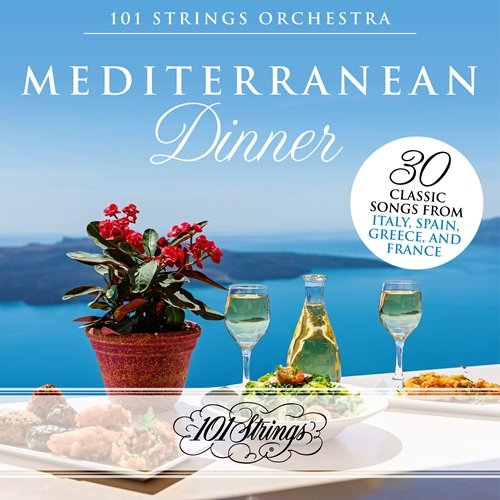


![Marty Ehrlich & Julius Hemphill - Circle the Heart (2026) [Hi-Res] Marty Ehrlich & Julius Hemphill - Circle the Heart (2026) [Hi-Res]](https://www.dibpic.com/uploads/posts/2026-01/1769147707_wjmcyjxdesjla_600.jpg)
